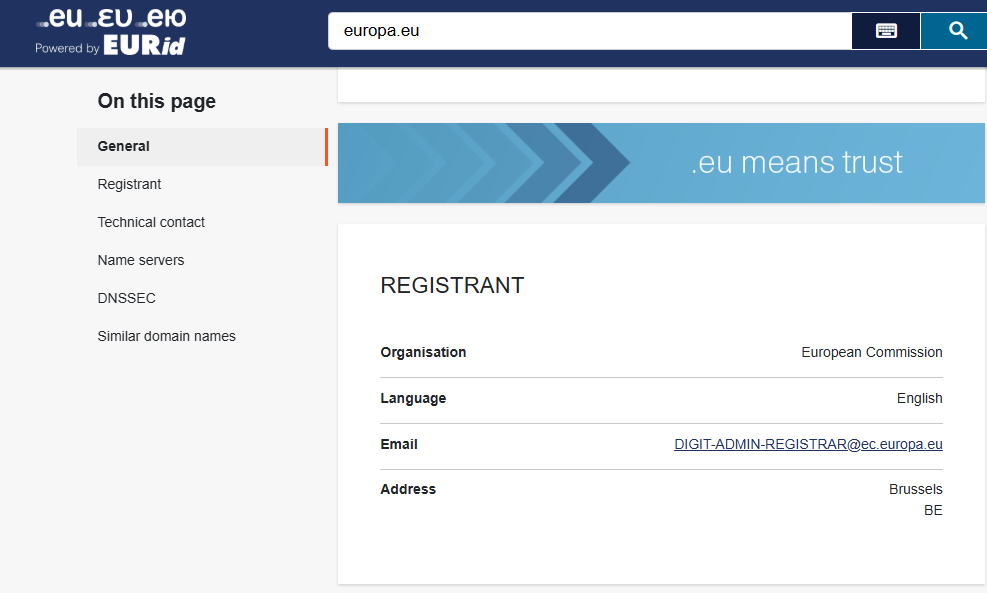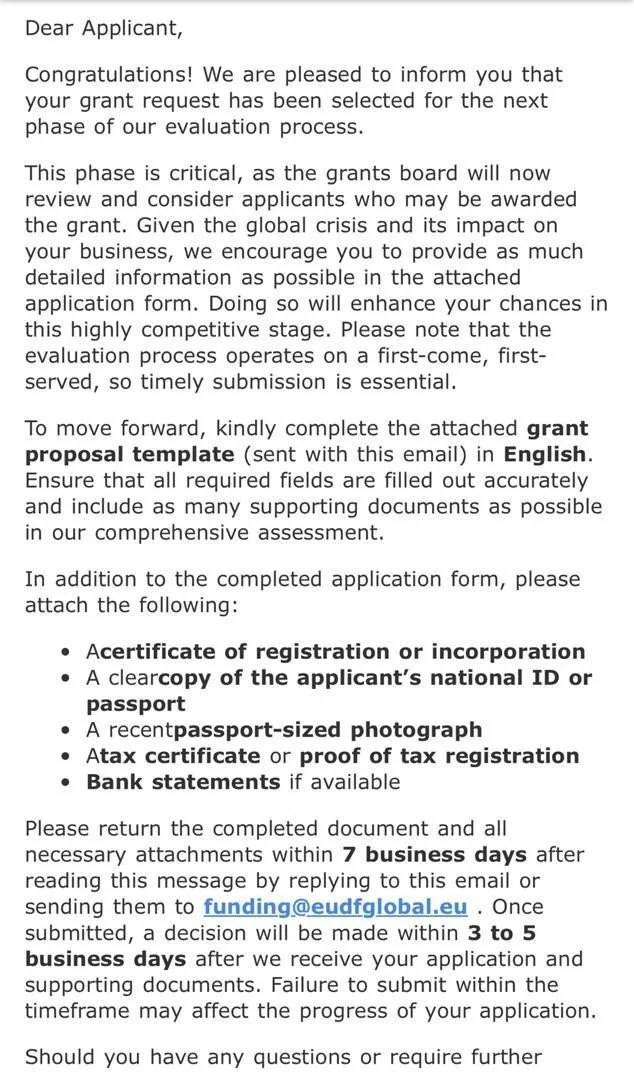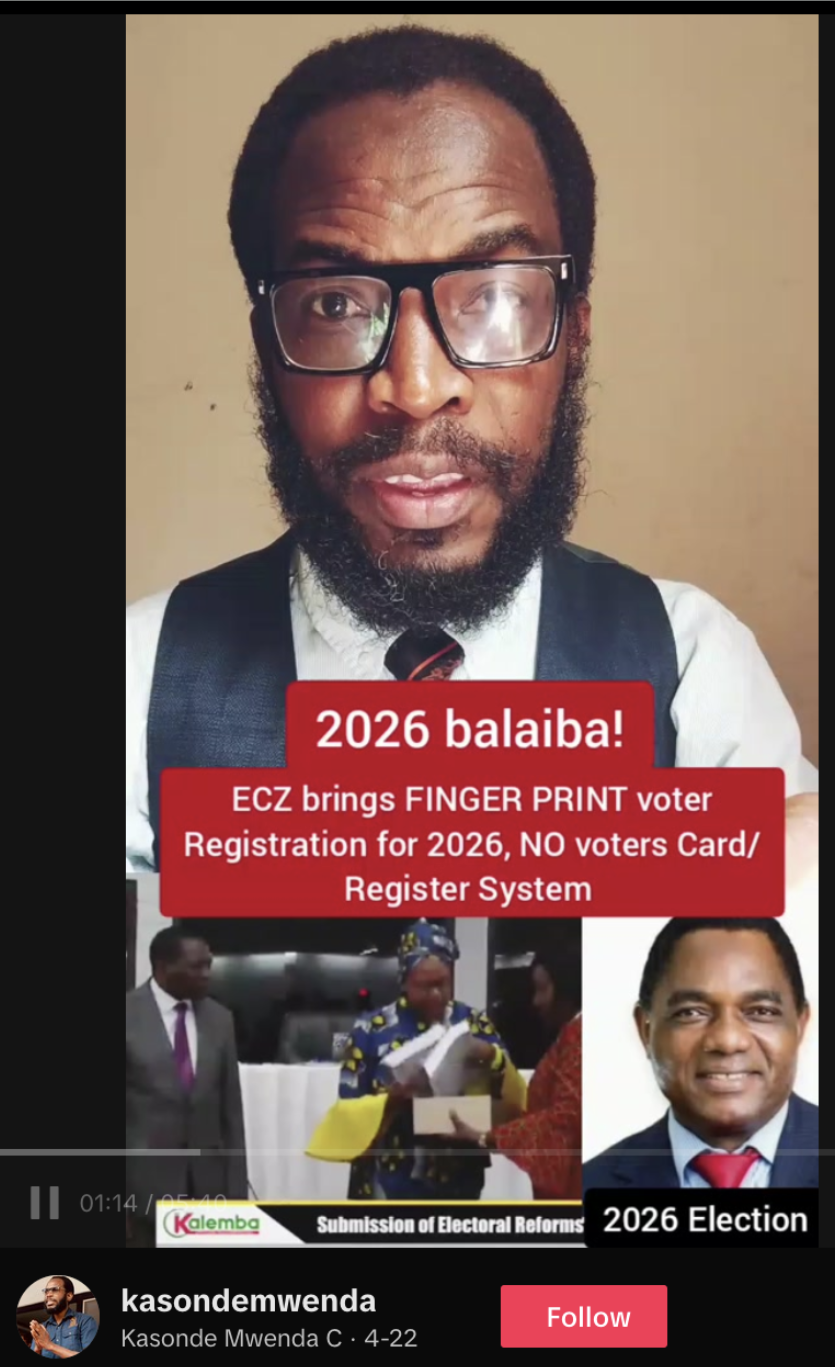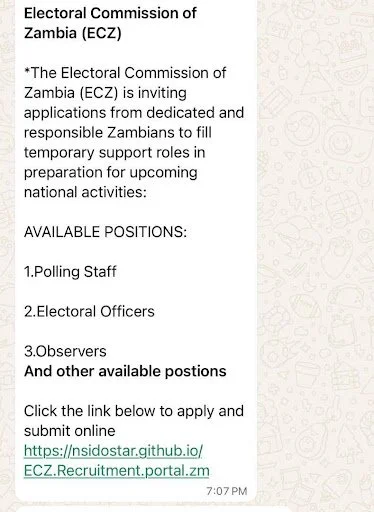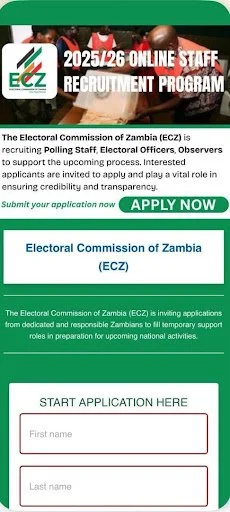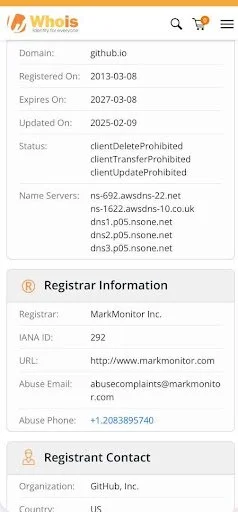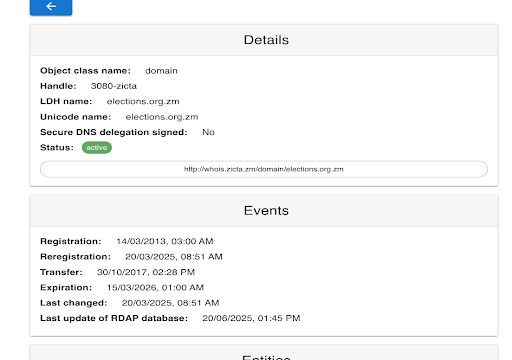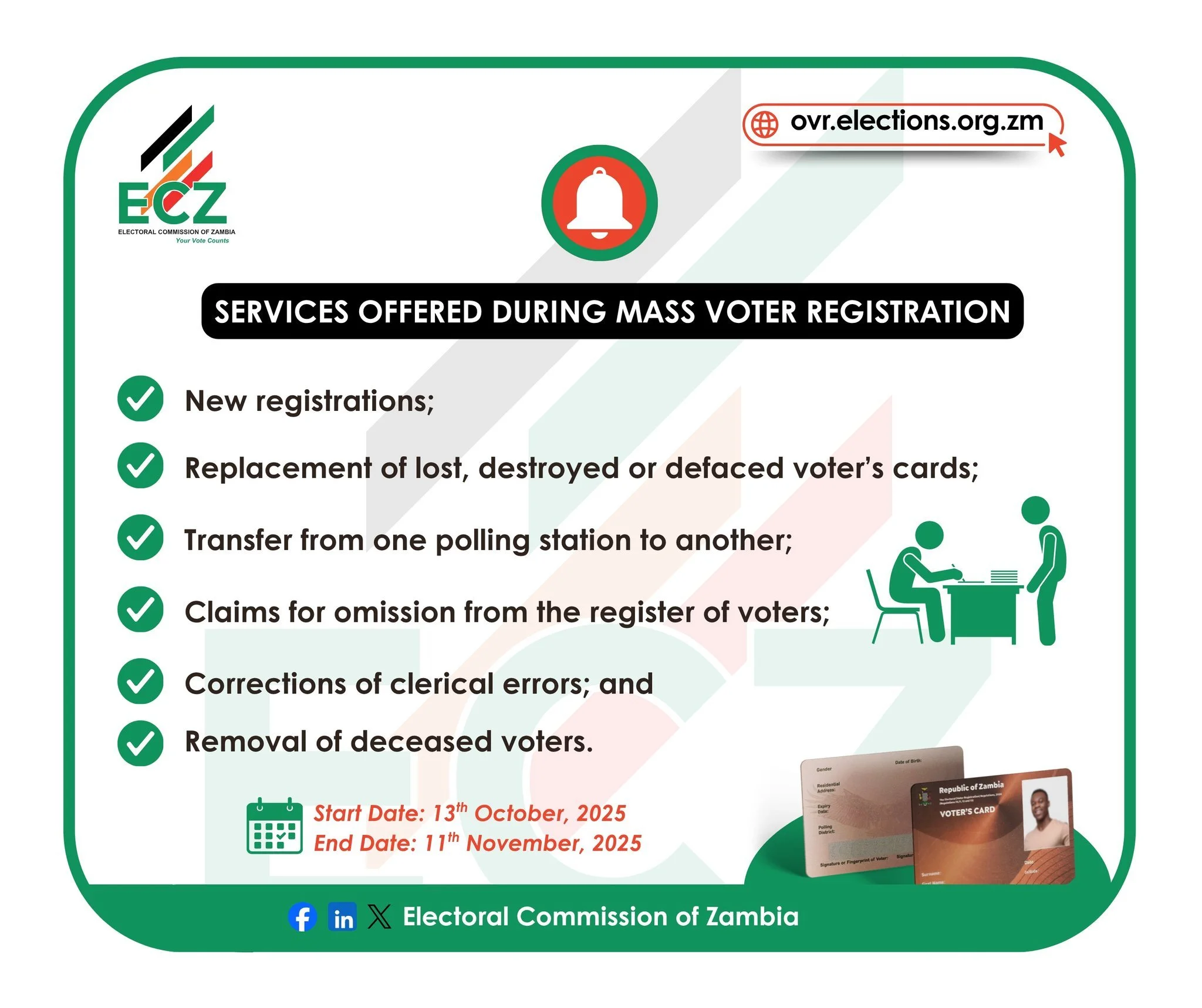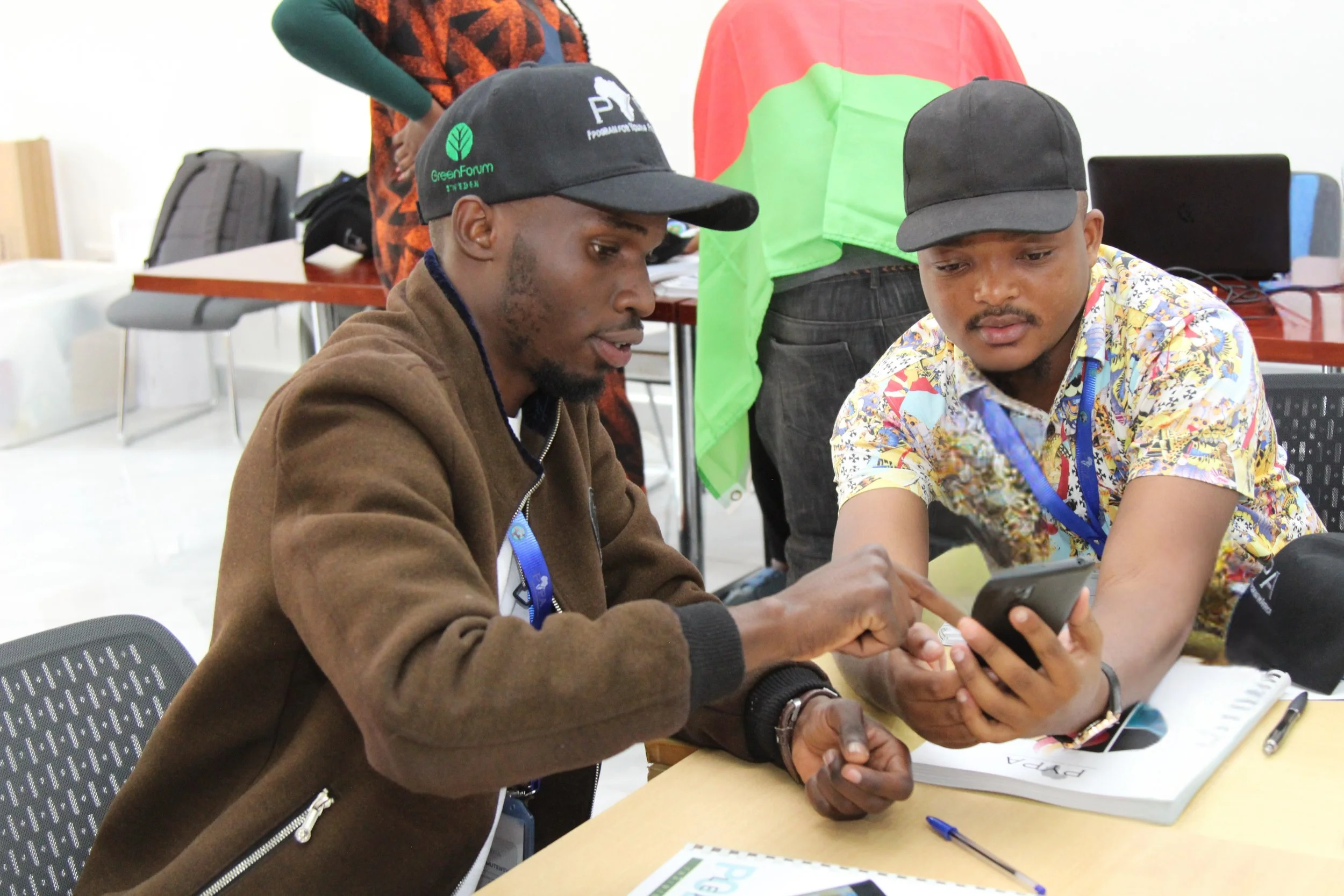In the last decade, the internet and digital technologies have become rooted in everyday life across the world. The ability to maximise the internet effectively has become a key differentiator between those who lead and those who follow across business, health, education, and, most strategically, politics. To this effect, globally, the concept of digital democracy, using digital technologies to enhance participation, representation, transparency and accountability, and the rule of law, is growing.
Most countries digitised almost overnight in the wake of Covid-19, which closed the world. With movement restricted and physical interactions nearly impossible, much of human activity shifted online. Expression, association, and assembly were carried out virtually. While access to information, goods, services, and social interactions became dependent on clicks and screens.
Even before COVID-19, African countries had begun considering digitising. Some had enacted laws on electronic transactions, data protection, ICT, and cyberspace security. For Zambia, however, these efforts accelerated after the pandemic as internet uptake in the country surged. In 2021, the government enacted three major pieces of legislation: the Cyber Security and Cyber Crimes Act (2021), the Data Protection Act (2021) and the Electronic Communications and Transactions Act (2021).
Though presented as progressive steps to ensure affordable access, online safety, and integrated public services, they were problematic and thusly criticised for being rushed, lacking consultation, and undermining key freedoms. Most problematic among them was the Cyber Security and Cyber Crimes Act, which legitimised arbitrary surveillance of citizens, restricted free expression, and eroded online civic participation by removing judicial safeguards and parliamentary oversight.
An apple a day…
Cyber laws, at their best, are positive steps to making the internet safe, affordable, and accessible. They provide protection against fraud, hacking, identity theft, misinformation, cyberbullying, and technology-assisted gender-based violence. They also safeguard critical infrastructure, regulate online transactions, protect intellectual property, and establish standards for data privacy. When designed with human rights and democratic principles at the core, such laws not only secure the digital space but also end up protecting and promoting the interests of everyone, not just those in power and their privileged friends.
However, when stripped of these principles, cyber laws become tools of repression. Instead of protecting citizens, they serve the narrow interests of those in power and quickly become grounds on which democracy crumbles and citizens’ rights are grossly violated.
Across the continent, such laws impose harsh punishments to deter dissent, criminalise criticism of political leaders, restrict online organising by opposition parties and civil society, and allow surveillance of citizens without accountability.
In Zambia, the Cyber Security Act (2025) and the Cyber Crimes Act (2025) have intensified these concerns. Citizens fear their electronic communications can be intercepted at any time. Activists, journalists, and politicians face arrests for online statements deemed “offensive” or “false”. The chilling effect has discouraged political expression, reduced online organising, and left many young people self-censoring.
Worms in the apple
The Cyber Crimes Act of 2025 is particularly troubling because of its vague definitions of offences. Terms such as “false statements”, “lewd”, “emotional distress”, and “deceptive electronic communications” are left open to the interpretation of law enforcement officers. Without precise legal definitions, almost any online statement could be criminalised.
The law also lacks adequate judicial safeguards to prevent political targeting. The Zambia Cyber Security Agency, charged with implementing these laws, reports directly to the Office of the President rather than to Parliament or the judiciary. This undermines checks and balances. Worse still, the Act introduces criminal defamation offences, further threatening free expression and exposing citizens to arbitrary prosecution. This is likely to stifle legitimate expression and criticism.
For young Zambian politicians and activists, these laws represent a serious setback in their political participation. Already marginalised, under-represented, and often under-resourced in politics, young people now face even greater barriers to meaningful participation. It perpetuates young people’s voicelessness in civic and political decision-making. The legislation indirectly limits online campaigning, reduces access to supporters, exposes youth leaders to the risk of arrest for “fake news” or “offensive” posts, and fosters apathy by discouraging civic voices.
What youth can do with the apple
Despite these challenges, now is not the time for young politicians to cower and retreat. Instead, it is high time you understood your rights as enshrined in the Zambian Constitution, the Universal Declaration of Human Rights, the International Covenant on Civil and Political Rights, and the African Union Convention on Cyber Security and Personal Data Protection. These instruments affirm your freedoms of expression, assembly, and association, offline and online, as well as your rights to safety and privacy in the digital space.
Furthermore, advocate for reform of Zambia’s cyber laws to ensure they protect, not violate, human rights. Identify and collaborate with digital rights advocacy groups, and leverage multiparty dialogues for stronger advocacy. Often young politicians are not vocal and present in reform processes. As a politician, yours is not to just secure votes but, among other things, to also provide education to your constituents. In this case, educate others on digital safety, privacy, and responsible online conduct and on the risks associated with the cyber laws being implemented. Above all, know what the cyber laws expect of you, be responsible online by not wilfully spreading misinformation or hate speech or inciting violence, and practise digital hygiene by using secure communication tools, protecting personal data, and safeguarding privacy.
Despite restrictive laws, the internet continues to present unprecedented opportunities for young politicians. Social media and other digital communication tools allow you to connect with supporters, mobilise communities, and lead campaigns without the limitations of geography or time. Digital platforms can expand civic education, voter awareness, and fundraising efforts.
The future of apples
Democracy in Zambia, and across Africa, rests on the shoulders of its citizens, with youth forming the majority. As custodians of the present and future, young people must not surrender their voices. They must push for reforms, resist repression, and continue to innovate politically in digital spaces. The internet should be seen as a game-changer for political participation. Youth should be able to use it to win real gains on the civic front by amplifying their campaigns, advancing voter education, and mobilising for meaningful change. And in this era, cyber laws should serve as enablers, not hindrances.




